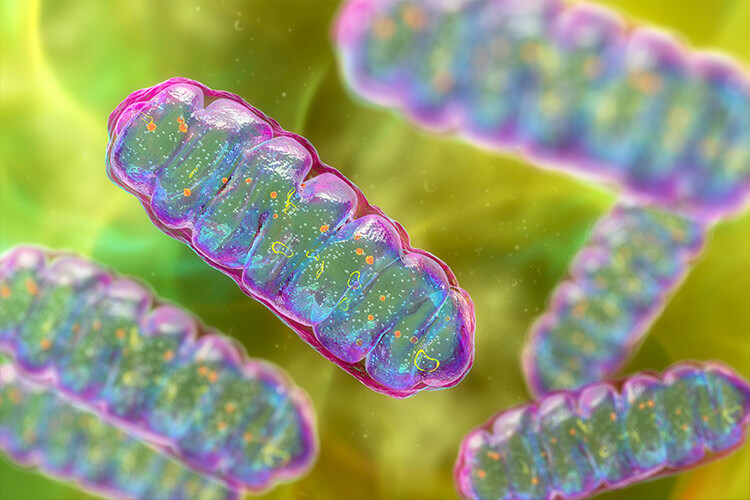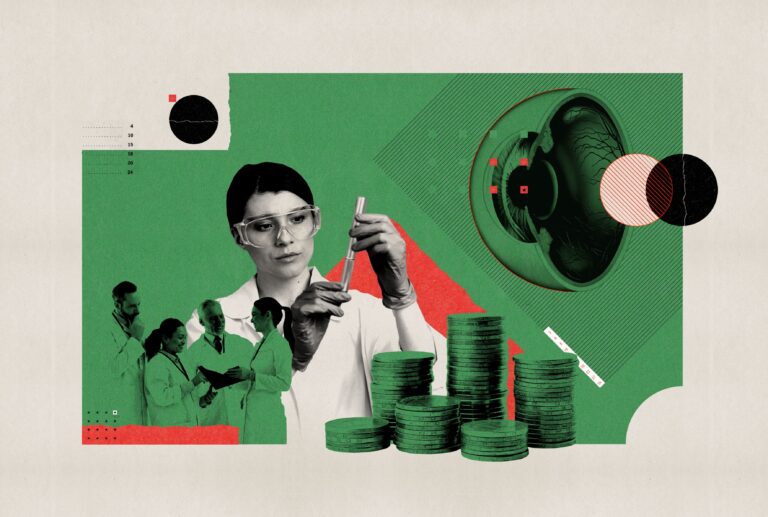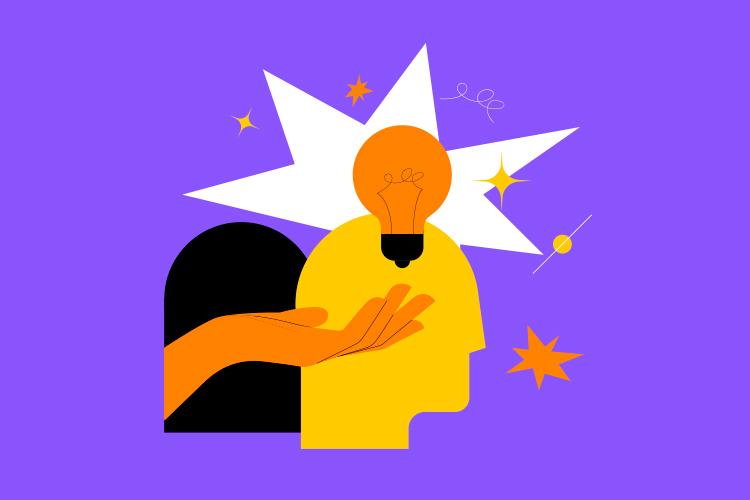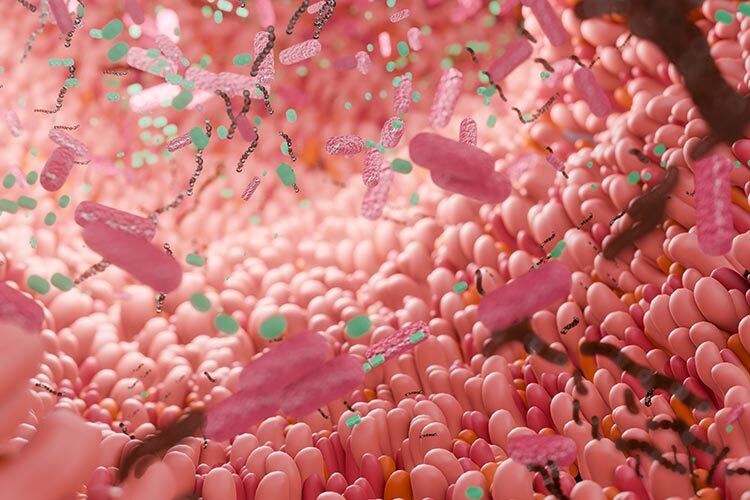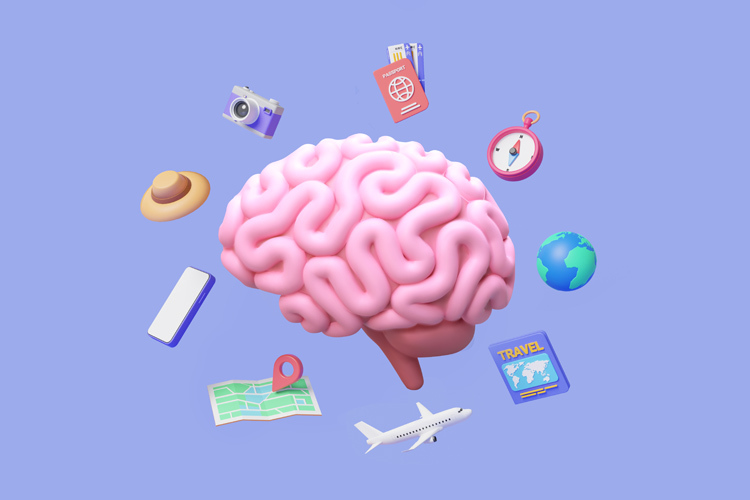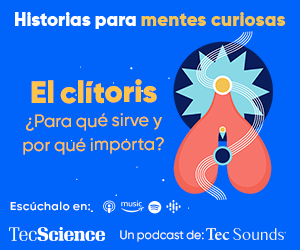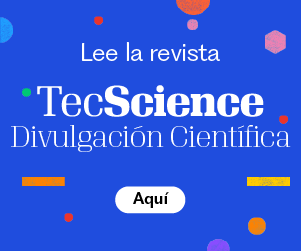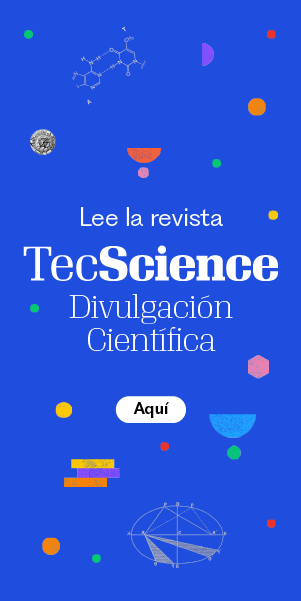During pregnancy, the placenta plays an important role in a baby’s growth, providing nutrients and acting as a barrier against external factors. However, chemicals such as ethanol may disrupt this barrier, which makes it essential to avoid the consumption of alcohol during this period.
Fabiola Castorena, a research professor at the School of Medicine and Health Sciences, and Irene Martín del Estal, Director of the Biosciences program at Tec de Monterrey, address the subject in an academic review titled The Placenta as a Target for Alcohol During Pregnancy: The Close Relation with IGFs Signaling Pathway.
Their main goal is to comprehend and collect information on toxic substances and how they might affect the gestation process and the health of babies during their development and growth, with a specific focus on ethanol in alcoholic beverages.
Both researchers are also working to understand how other variables, such as stress during pregnancy, may have a similarly negative impact on the placenta and the baby’s short-, medium-, and long-term health and development.
Can Drinking Alcohol Affect a Pregnancy?
Castorena mentions the presence of xenobiotics, molecules that transform within an organism and can often become more harmful than their initial components, such as ethanol found in alcoholic beverages.
The amount ingested is unimportant since studies show that even very small doses can have negative effects or remain in the body for long periods.
Alcohol consumption, particularly during the first three months of pregnancy, has been linked to growth problems, central nervous system issues, and even physical, intellectual, and behavioral disabilities in babies, according to the Centers for Disease Control and Prevention (CDC).
These conditions are known as fetal alcohol spectrum disorders (FASDs), and they are caused by alcohol passing through the placenta to the susceptible baby, who does not have a fully developed antioxidant system.
Low birth weight, poor memory, learning impairments, speech and language delays, as well as hearing, vision, and heart irregularities are potential consequences.
Disruptions in the Body’s Chemical Signals
Castorena and Martín focused especially on IGF-1, or Insulin-like Growth Factor 1, to see how alcohol affects the functioning of specific chemical signals in the body, especially those involving insulin and growth factors that play a role in placental development.
Martín mentions that there are various studies on the subject, but their work is more focused on further exploration of damage to the placenta.
“During my master’s degree in Spain, I worked with an animal model that had a partial IGF-1 deficiency. I’ve always wondered why most research is done on male animals rather than females because we can see the problems caused by this deficiency during pregnancy,” the researcher explains.
One of the most significant findings of their work is that the placenta does operate as a barrier, preventing the fetus from being directly harmed. However, it doesn’t prevent alterations or lower absorption of nutrients.
According to the researchers, alcohol intake during pregnancy harms the placenta because ethanol metabolization generates an oxidative environment, which leads to lipid and protein oxidation, DNA damage, and mitochondrial malfunction, all of which can end in cellular damage and death.
“It is critical not to minimize the effects of alcohol. There are also a variety of factors that may affect the elimination of this substance from the body, causing it to remain in the body longer and cause several additional negative effects,” Castorena warns.
